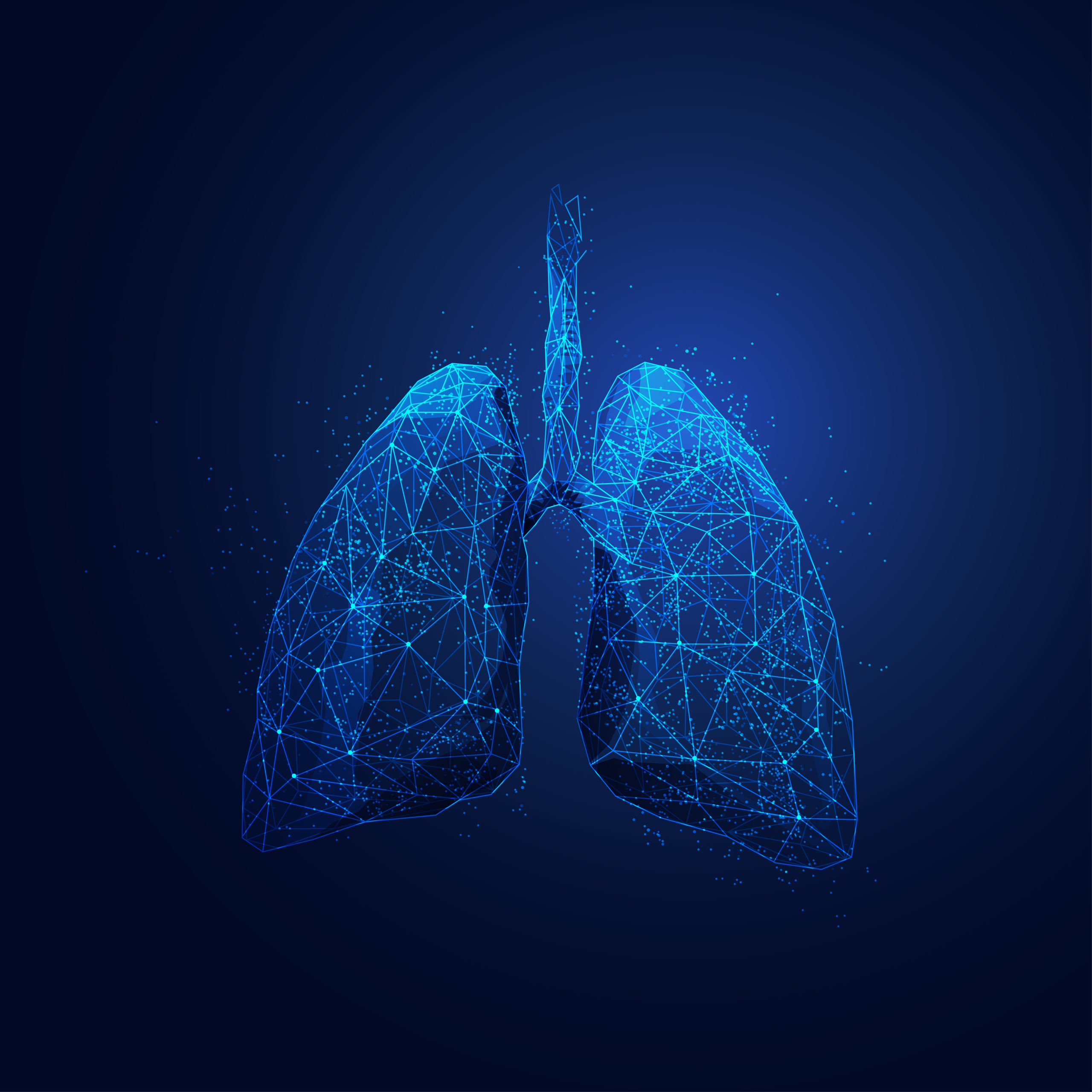Tag: Research
-

New Chemotherapy Alternative for Lymphoma
A new immunotherapy treatment for recurrent B-cell lymphoma was found to be safe in a trial of nearly 350 patients, according to a study published in The Lancet.
-

New Understanding of Leukocyte Migration
A recent Northwestern Medicine study has revealed previously unknown details about calcium signaling that can contribute to inflammation.
-

Earlier Treatment May Reduce Cardiovascular Disease
Starting cholesterol-lowering treatment earlier may increase the its benefits, reducing heart attack and stroke over time, according to a Northwestern Medicine study.
-

Medical School Research Funding Breaks Records in 2020
Feinberg principal investigators secured a record-breaking $643 million in research funding and awards during the 2019-2020 fiscal year.
-

Breast and Ovarian Cancer Drug Extends Prostate Cancer Survival
Men with advanced prostate cancer who were treated based on the genetic makeup of their cancer survived significantly longer than those treated with standard treatments, according to a new study.
-

Protein Paves the Way for Early HIV Infection
Northwestern Medicine investigators have discovered that a specialized protein associated with the microtubules of a cell helps facilitate and regulate early stages of HIV infection.
-

New Drug Target for Treatment-Resistant Prostate Cancer
Inhibiting an epigenetic regulator called DOT1L could be a key to slowing treatment-resistant prostate cancer, according to a recent Northwestern Medicine study.
-

New Biomarkers for Glioma Treatment Response
Biomarkers using mass cytometry can assess patient response to an emerging treatment for pediatric brain tumors, according to a recent multi-center study.
-

Assessing COPD Risk and Narrow Airways
A mismatch between airway size and lung capacity, called dysanapsis, is a strong risk factor for chronic obstructive pulmonary disease, according to a new study.
-

Biological Sex Affects Genes for Body Fat, Cancer, Birth Weight
Biological sex has a small but ubiquitous influence on gene expression in almost every type of human tissue, according to a new study.






